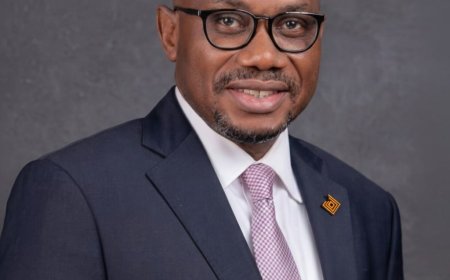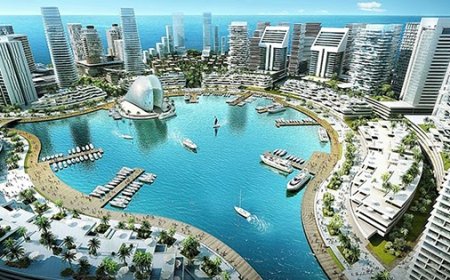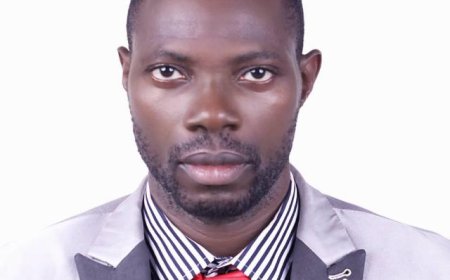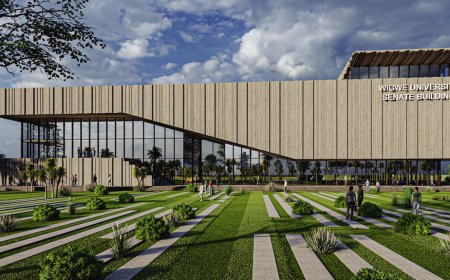Mastering Debt Recovery in Nigeria: Strategies, Skills, and Innovative Solutions
Discover expert strategies, essential skills, and innovative solutions for effective debt recovery in Nigeria. Learn how AMCON, professional debt recovery agencies, and AI-driven risk assessment tools like KREENO’s EmoRisk and RiskHR are transforming the debt collection landscape.

Debt recovery in Nigeria is like trying to untangle a knot while balancing on a tightrope. On one side, creditors are eager to recover what’s owed; on the other, debtors may be struggling with economic realities. With non-performing loans (NPLs) in sectors like oil and gas soaring to 20% (CBN, 2023), and unpaid invoices piling up in manufacturing and real estate, Nigeria’s debt landscape demands a mix of empathy, strategy, and legal grit. But how do we strike this balance? Let’s dive into the principles, practices, and skills that can turn debt recovery from a headache into a streamlined process—while keeping relationships intact.
Debt Collection Strategies: Blending Tradition with Innovation
Debt collection isn’t just about persistence—it’s about strategy. In Nigeria, creditors and collectors use a blend of traditional and modern approaches:
1. Alternative Dispute Resolution (ADR)
ADR methods like mediation, negotiation, and arbitration are gaining traction for their speed and cost-effectiveness. The Arbitration and Mediation Act 2023 provides a robust legal backbone for these practices, allowing parties to resolve disputes without courtroom drama. For instance, a bank and a debtor might use mediation to agree on adjusted repayment terms, preserving their business relationship.
2. Litigation: The Last Resort
When ADR fails, litigation steps in. While effective, it’s often slow and expensive. A 2023 report by AO2 Law notes that Nigerian courts can take years to rule on debt cases, making this a “nuclear option.”
3. Skip Tracing: Finding the Elusive Debtor
Debtors who vanish into thin air? Skip tracing uses public records and tech tools to track them down. Companies like KREENO Debt Recovery And Private Investigation Agency (KDRPIA) combine local expertise with databases to locate debtors swiftly regardless where the debtors are hiding. Although it may take time, the creditors must be prepared to fund the recovery efforts..
4. Tech-Driven Solutions
Automated reminders, CRM systems, and data analytics help prioritize high-risk debts. For example, a Lagos-based fintech firm reduced its NPLs by 18% after integrating AI-powered risk assessment tools.
5. Flexible Payment Plans
Offering installments tailored to a debtor’s cash flow can boost cooperation. A 2024 study by Coalition Against Financial Fraud Initiative In Africa (CAFFIA) found that 51% of debtors honored renegotiated terms and conditions whilst the rest still bothers on lack of integrity in business DNA.

- The Need For Private Investigators To Review AMCON'S Operations Over The Last Decade
- How Non Payment Of Your Debt Affect Your Integrity
- Strengthening Fight Against Financial Fraud in Nigeria
- Understanding The Dangers of Financial Fraud And How To Stay Clean
Non-Performing Loans (NPLs): Nigeria’s Persistent Challenge
The Central Bank of Nigeria (CBN) defines NPLs as loans unpaid for 90+ days. While the banking sector’s average NPL ratio improved to 3.9% in 2023
The Asset Management Corporation of Nigeria (AMCON) plays a vital role in stabilizing the financial sector by acquiring toxic debts from banks. However, AMCON’s 2023 report highlights the ongoing challenge of debt recovery, with a staggering ₦4.1 trillion still outstanding. To enhance recovery efforts and reduce this burden, we recommend that the Central Bank of Nigeria (CBN) mandate all banks and financial service providers to engage and retain the services of professional debt recovery agencies like KREENO Debt Recovery And Private Investigation Agency (KDRPIA). These independent experts would provide an external push, complementing internal recovery efforts and ensuring a more structured and efficient debt resolution process.

- Strengthening Public Trust In Law Enforcement Agencies in Nigeria
- How Nonpayment of Debts Undermines Your Integrity And Cripples Economies
Debt Settlement Techniques: Negotiation Over Confrontation
Successful debt settlement hinges on flexibility and creativity:
-
Structured Repayment Plans: Breaking debts into smaller installments eases the burden. For example, a furniture supplier in Abuja recovered ₦12 million by offering a 5-month plan to a struggling hotel chain.
-
Debt Restructuring: Adjusting interest rates or extending deadlines. A [2021 CBN policy](https://www.cbn.gov.ng/Out/2021/RSD/Non-Performing%20Loans%20and%20Profitability%20of%20the.pdf) encouraged banks to restructure loans during the COVID-19 pandemic, preventing mass defaults.
-
Third-Party Agencies: Outsourcing to firms like Kreeno Debt Recovery And Private Investigation Agency (https://kreenoplus.com)
Remedial Skills: The Human Edge in Debt Recovery
Debt collectors aren’t just enforcers—they’re negotiators, psychologists, and legal experts. Key skills include:
1. Conflict Resolution: De-escalating tensions to keep talks productive.
2. Empathetic Communication: Balancing firmness with understanding. As noted by E. Esezobor, “A debtor is more likely to pay if they feel heard.”
3. Legal Acumen: Knowing laws like the Bankruptcy Act and Companies and Allied Matters Act (CAMA) ensures compliance.
4. Tech Savviness: Using tools like CRM software to track interactions.
5. Negotiation Chops: Securing win-win terms without burning bridges.
Debt Recovery Best Practices: Lessons from Global Leaders
Nigeria can learn from international frameworks:
-
Proactive Credit Checks: South African banks use real-time credit scoring to flag risks early.
-
Clear Contracts: The EU’s General Data Protection Regulation (GDPR) mandates transparency in debt agreements.
-
Ethical Standards: The UK’s Financial Conduct Authority (FCA) bans aggressive tactics—a model for Nigeria’s evolving sector.

Alternative Dispute Resolution (ADR): Nigeria’s Secret Weapon
ADR is revolutionizing debt recovery here. The Arbitration and Mediation Act 2023 empowers bodies like the Lagos Court of Arbitration to enforce settlements swiftly. For example, a telecoms firm recovered ₦500 million in 60 days via mediation, avoiding a 3-year court case.
Corporate Debt Recovery: AMCON’s Heavy Lifting
Corporate debt recovery in Nigeria often resembles a high-stakes puzzle, where cross-border transactions are entangled in conflicting legal jurisdictions, volatile currency fluctuations, and complex ownership structures that obscure accountability. The Asset Management Corporation of Nigeria (AMCON) was established in 2010 as a financial “cleaner,” absorbing toxic loans from banks to stabilize the sector—essentially acting as Nigeria’s financial detox mechanism. For instance, AMCON’s acquisition of ₦4.1 trillion in bad debts from institutions like Keystone Bank highlights its crucial role in shielding the economy from systemic collapse caused by insider lending and governance failures. However, critics argue that AMCON’s interventions, while necessary, often serve as mere “band-aid solutions” that fail to tackle the root causes of financial distress, such as reckless lending practices and inadequate risk assessments. The reality is that AMCON alone cannot shoulder the burden of non-performing loans (NPLs) across all sectors, particularly those involving supplier credits and other unsecured transactions. To bridge this gap, professional debt recovery agencies must play a more strategic role, not only in enforcement but also in advisory support and capacity building for in-house recovery teams. Moreover, the integration of cutting-edge technology, such as KREENO’s machine learning evaluation tools—EmoRisk and RiskHR—can enhance debt recovery strategies by providing predictive analytics and behavioral risk assessments, ensuring a more proactive and data-driven approach to managing debt crises but this service cost a fraction of the money.
Experts point to cases like Arik Air and Peugeot Automobiles Nigeria (PAN), where AMCON’s intervention helped stabilize operations but fell short of fully restoring profitability, exposing weaknesses in post-acquisition management. This challenge underscores the need for a more structured recovery strategy that goes beyond mere takeover. To prevent future debt crises, stakeholders advocate for stricter pre-loan assessments, incorporating AI-driven risk modeling and aligning with global standards such as the Basel III framework—an area where Nigerian banks have lagged behind. Meanwhile, AMCON’s efforts to enforce debt agreements face significant obstacles, particularly from politically connected debtors who exploit legal loopholes to evade repayment. AMCON’s 2023 report highlights this issue, revealing that 60% of top debtors resort to prolonged litigation as a delay tactic. These challenges emphasize the urgency for stronger regulatory oversight and legislative reforms to close these gaps and ensure a more efficient debt recovery system.
The rise of cross-border insolvencies, like the $100 million dispute between a Nigerian oil firm and a Dubai-based supplier, further complicates recovery, demanding harmonized international laws and collaboration with bodies like the London Court of International Arbitration. While AMCON’s efforts have reduced banking sector NPLs from 37% in 2010 to 3.9% in 2023, the lesson is clear: Nigeria needs preventive reforms—tighter regulations, debtor education, and tech-enhanced due diligence—to curb the cycle of corporate debt crises. After all, even the best cleanup crew can’t fix a leaky faucet; someone must finally turn off the water.
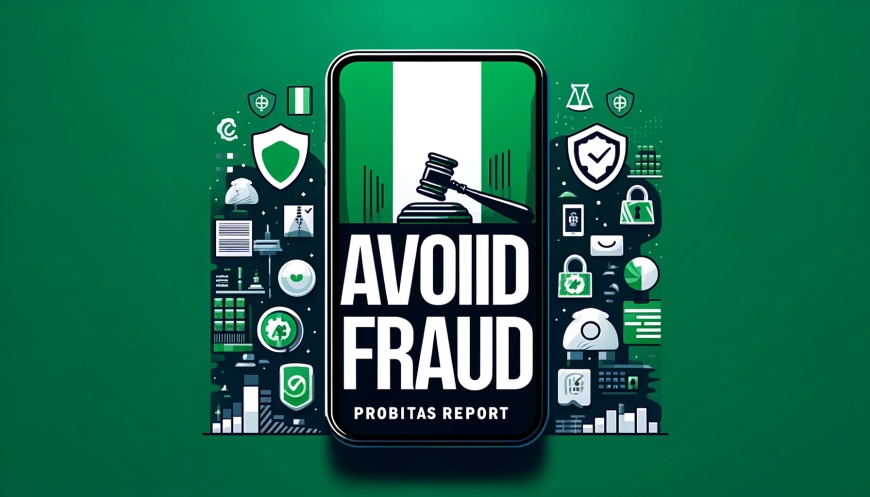
Enforcement of Debt Agreements: When Gentle Persuasion Fails
When diplomacy fails, the Enforcement of Judgments Act allows creditors to seize assets or freeze accounts. The CBN’s Global Standing Instruction (GSI) mandate automates recoveries from a debtor’s linked accounts—a game-changer for banks and these should extend to other financial lending companies who grant loans to these same bank customers.
Conclusion: The Future of Debt Recovery in Nigeria
Debt recovery here isn’t just about getting paid—it’s about building systems that prevent future defaults. Effective debt recovery in Nigeria demands a balance of assertiveness and empathy, leveraging legal frameworks and technological tools. By adopting best practices like proactive credit monitoring, clear contracts, and ADR mechanisms, creditors can navigate challenges successfully. Industries with high NPL rates, such as oil and gas or manufacturing, require tailored strategies to mitigate risks. Continuous refinement of remedial skills—conflict resolution, negotiation expertise, and legal knowledge—is crucial for professional debt collectors to adapt to evolving dynamics. Ultimately, ethical conduct combined with strategic planning ensures sustainable recovery outcomes while preserving professional relationships. For remedial officers in banks and other financial institutions, career debt collectors, continuous incremental learning and empathy will remain their greatest assets. As the economy evolves, so must our strategies. After all, a recovered debt isn’t just a win for the creditor—it’s a step toward a healthier and safer financial ecosystem for all to do business without fear of being defrauded by customers or business counterparties.
Got debt recovery experiences or tips to share? Drop a comment below—we’d love to hear from you!
References:
-
Central Bank of Nigeria (CBN) Reports
-
Kreeno Debt Recovery And Private Investigation Agency (KDRPIA)
-
Arbitration and Mediation Act 2023
-
AO2 Law Debt Recovery Guide
-
AMCON’s Role in NPL Management
-
Zeeh Africa’s Debt Collection Strategies
Author:
Dr. Ohio O. Ojeagbase, FICA, FIDR (a.k.a Dr Kreeno)
Chief Private Investigator / CEO
Kreeno Debt Recovery & Private Investigation Agency (KREENO) & CAFFIA
USA Office: 5800 3rd Street, #1118, San Francisco, CA 94124, USA
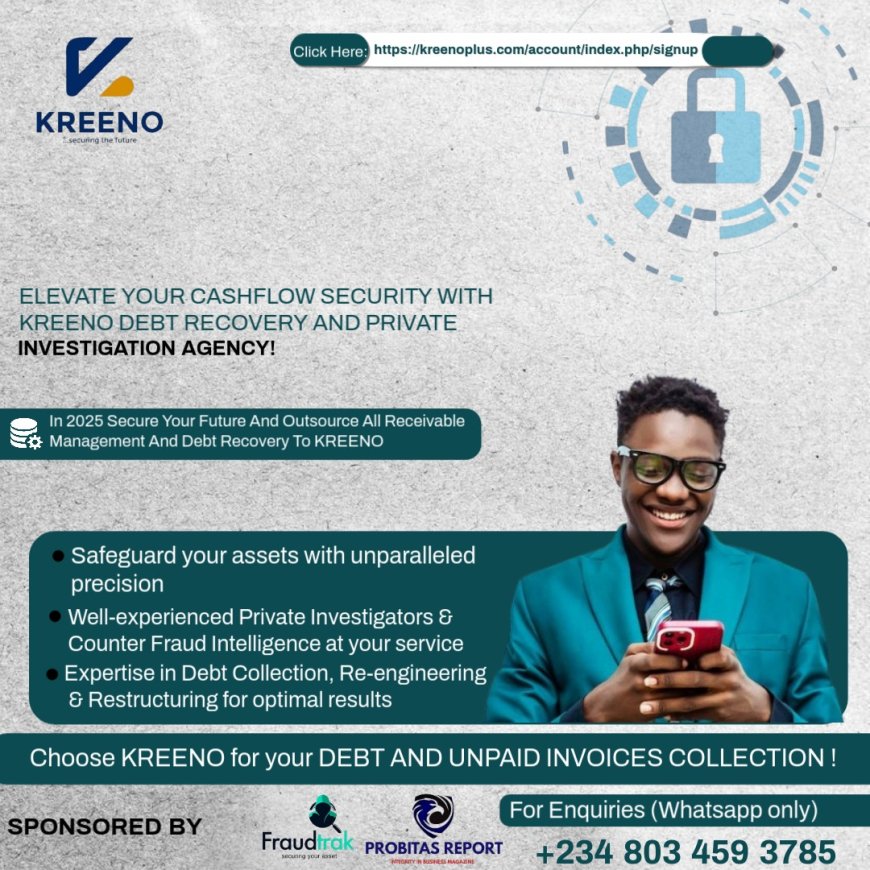
Kindly share this story:
Contact: report@probitasreport.com
Stay informed and ahead of the curve! Follow The ProbitasReport Online News Report on WhatsApp for real-time updates, breaking news, and exclusive content especially when it comes to integrity in business and financial fraud reporting. Don't miss any headline – and follow ProbitasReport on social media platforms @probitasreport
[©2025 ProbitasReport - All Rights Reserved. Reproduction or redistribution requires explicit permission.]
What's Your Reaction?







